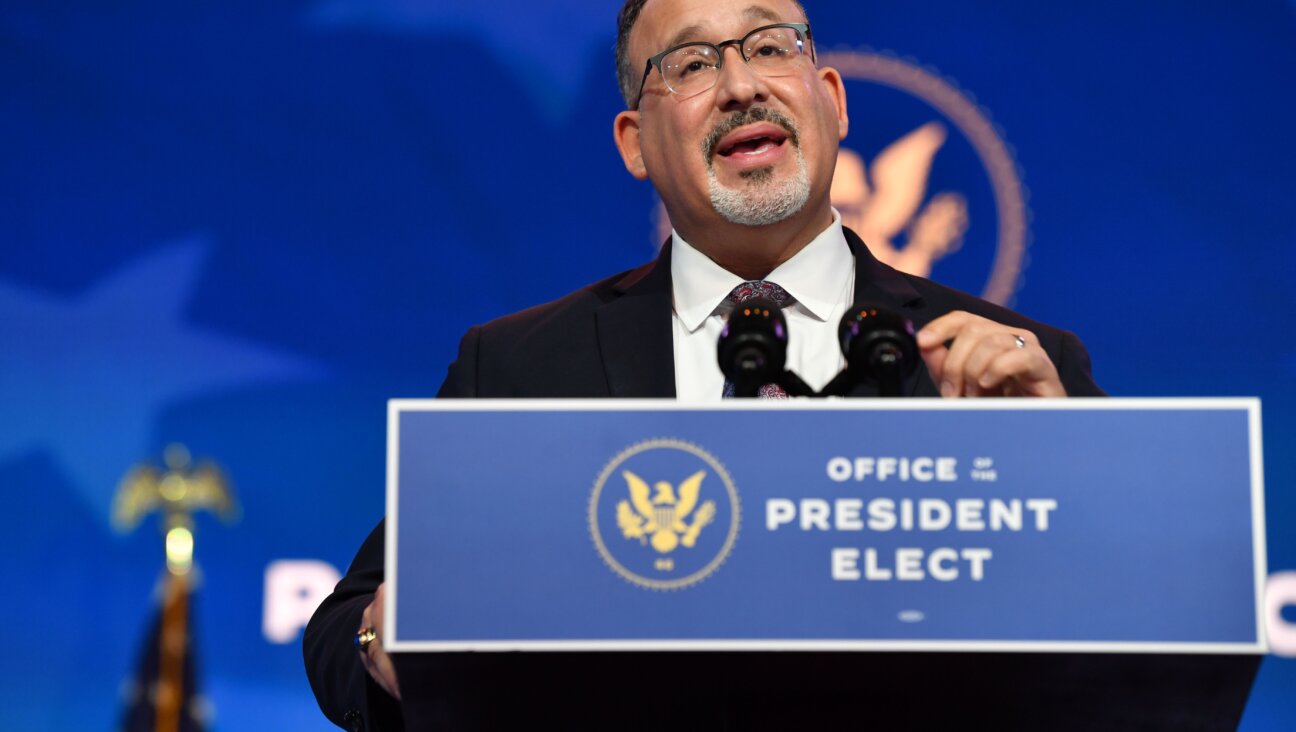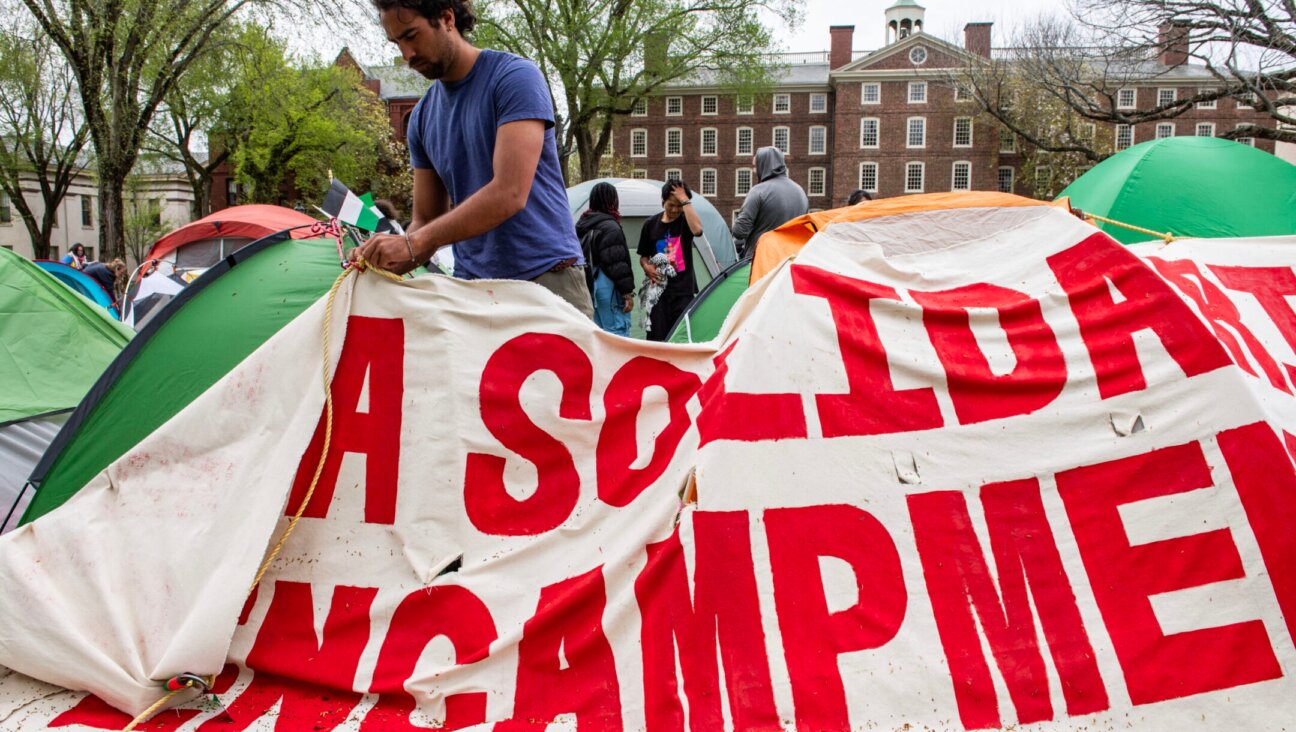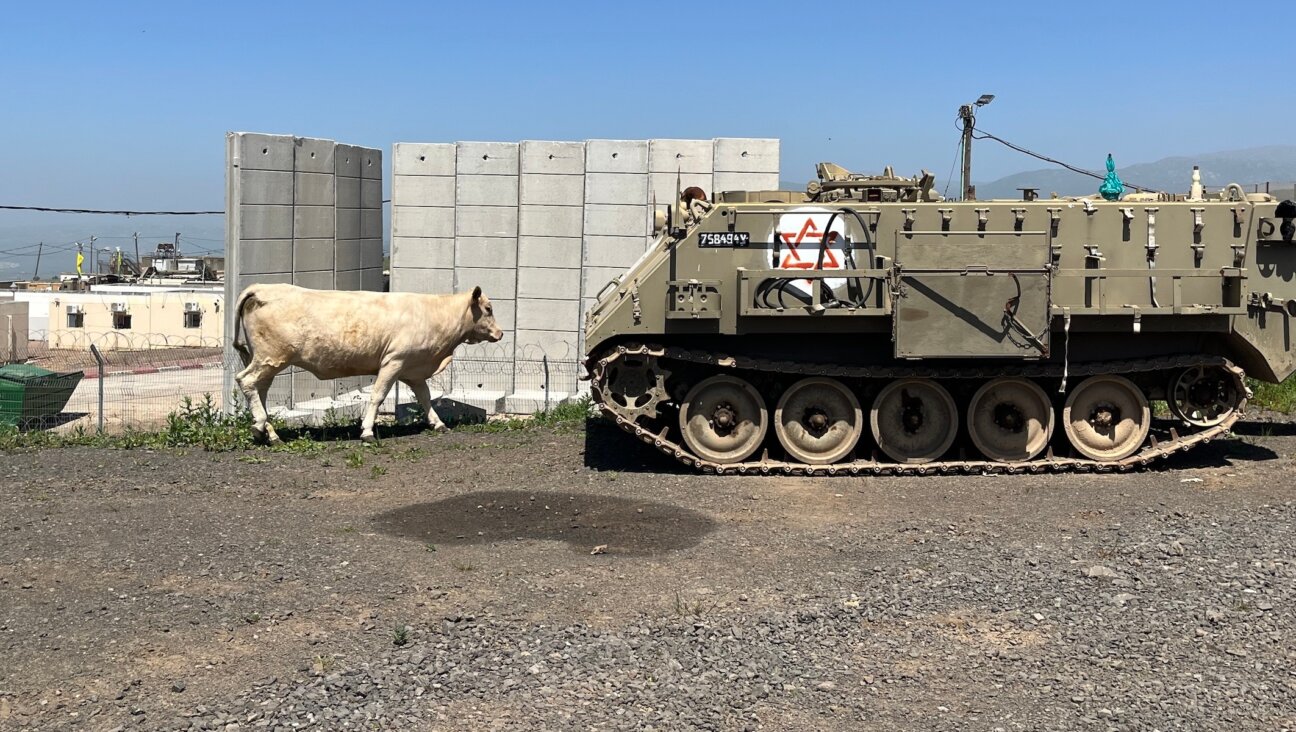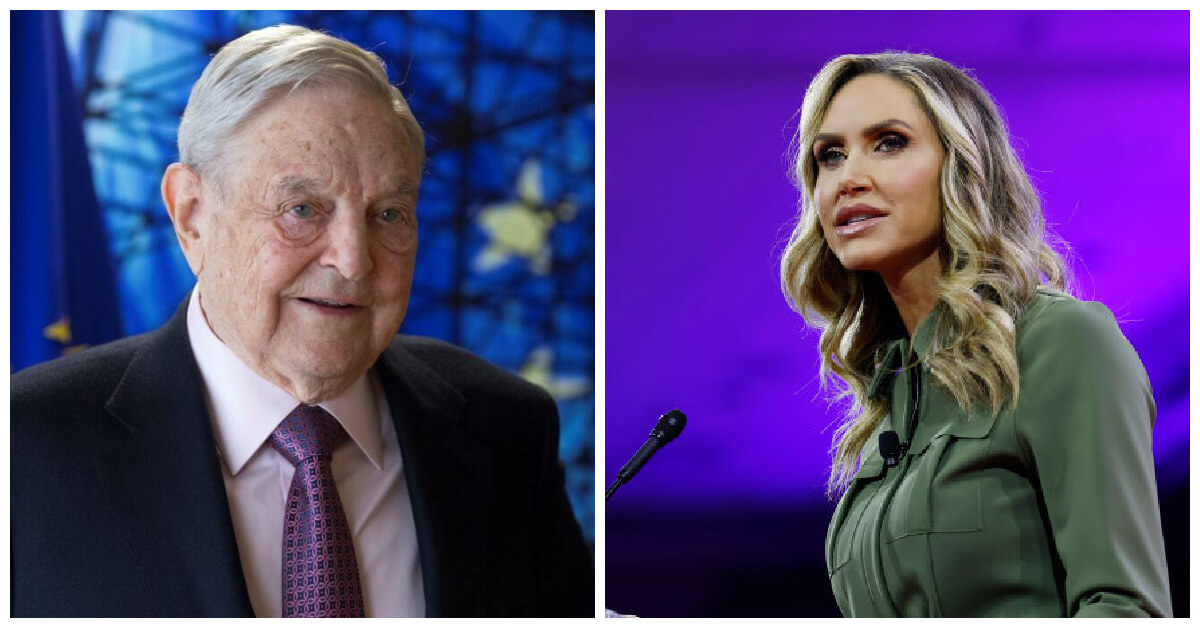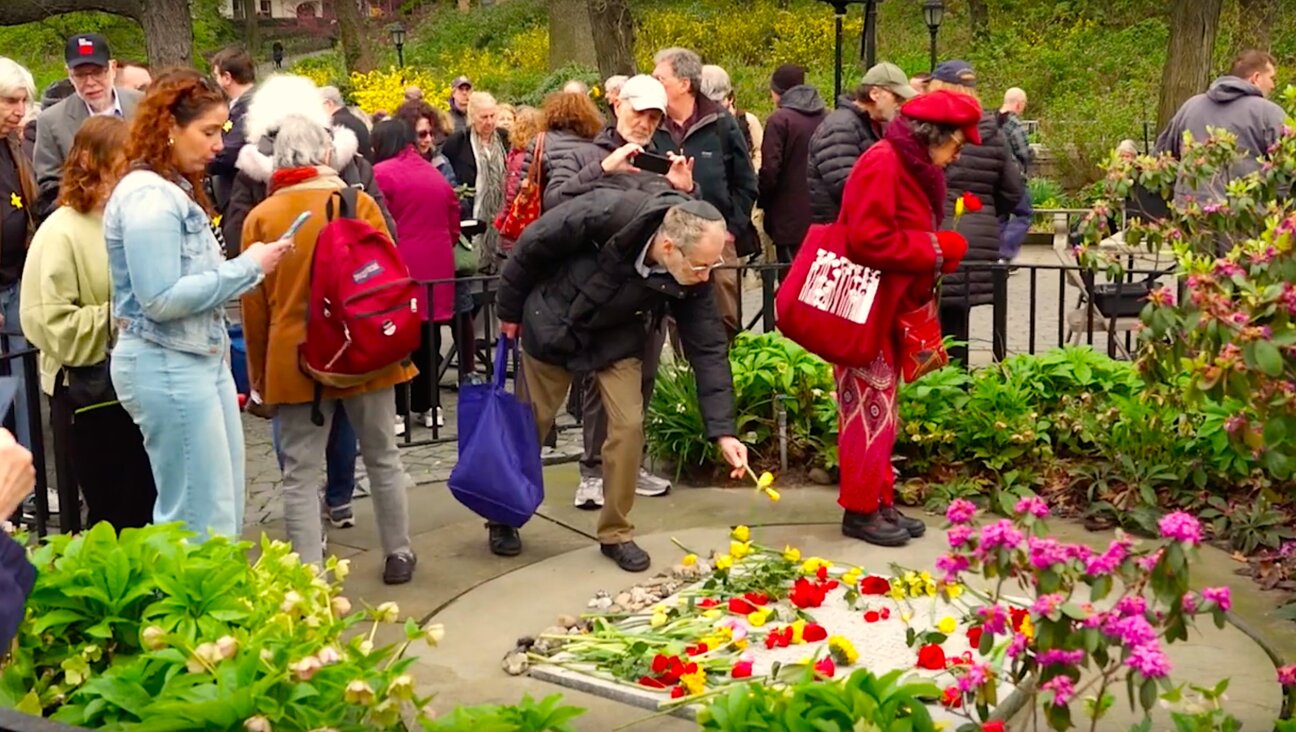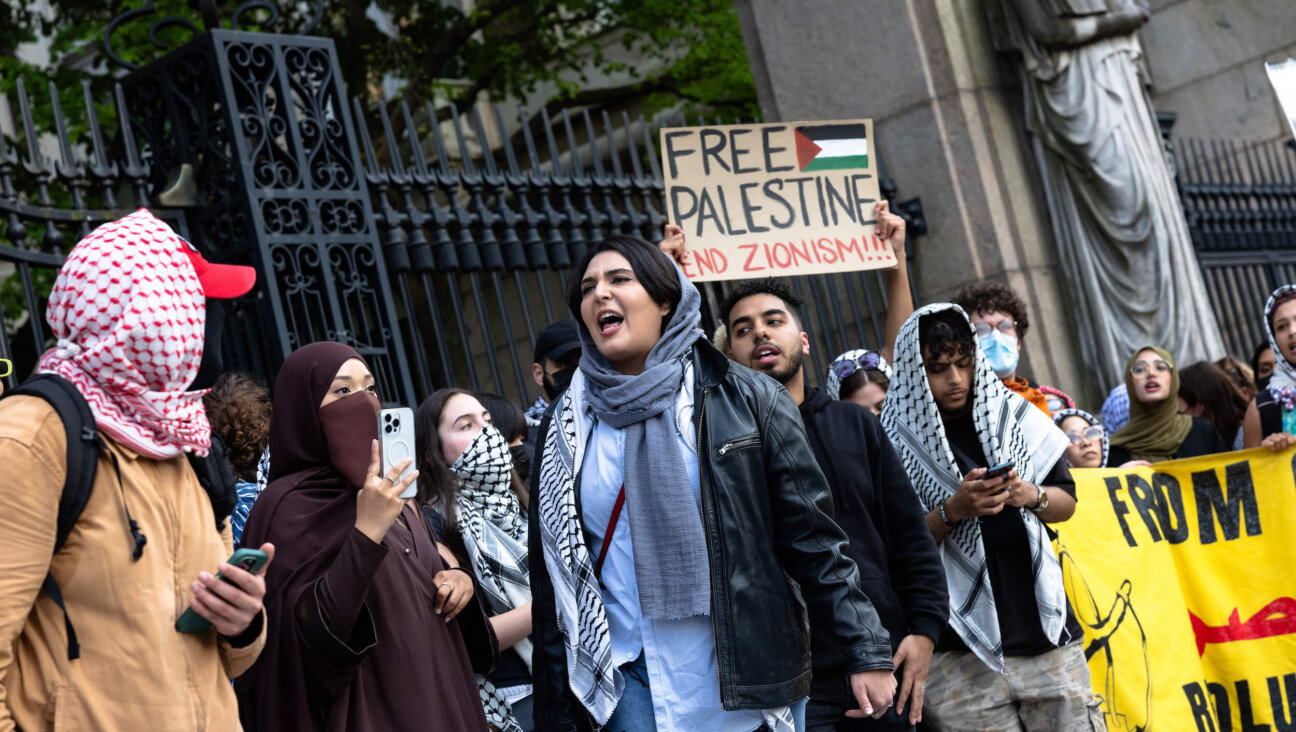Amid Chaos, Hamas Talks Pragmatism
Rateb Quzmar, 20, and his cousin Mohammed Quzmar, 20, lie side by side in a small room on the fourth floor of Ramallah Hospital. This wasn’t their plan. Rateb came from Qalqilya last Friday to visit Mohammed, who had been shot three days earlier by a member of Fatah-allied Palestinian security forces — “because they thought he’s from Hamas, because he wears a beard,” another relative said.
In a strange twist, Rateb arrived at Mohammed’s bedside not as a visitor but as a patient, with a bullet through his arm and his back. He was injured when Palestinian security services, loyal to Palestinian Authority President Mahmoud Abbas, opened fire on a group of marchers in a police-authorized December 15 rally to celebrate the 19th anniversary of Hamas’s founding.
Most of the wounded were civilian Hamas supporters, though some were not from Hamas and one was a member of the security services.
Fighting has continued sporadically between Fatah and Hamas forces since December 14, when the prime minister of the Hamas-led Palestinian government, Ismail Haniyeh, came under attack from forces identified with Abbas’s Fatah movement. Haniyeh, returning from an overseas fundraising trip, was detained for several hours on the Egypt-Gaza border with $35 million in his suitcase, which he transferred to Egyptian authorities at Israel’s insistence. Crossing the border, which is guarded by Abbas’s presidential guard, his convoy came under fire, resulting in one death and 27 injuries, including Haniyeh’s son. Calm was quickly restored, but firefights erupted the next day in Gaza City and Ramallah.
The conflict escalated with tit-for-tat kidnappings of leaders on both sides, including the head of the Hamas military wing in northern Gaza and a top Fatah politician and former Cabinet minister. A day earlier, Abbas had publicly called for new Palestinian elections to replace the current legislature, infuriating Hamas leaders. Each side blames the other for the failure of negotiations to create a unity government, which both sides hope will end the international economic quarantine of the P.A. that has existed since Hamas took power last March.
At least two cease-fires have been called since Sunday, but tensions remain high. By Tuesday at least 14 had been killed. Leaders on both sides point fingers at the other side for sparking the fighting.
“They don’t like our government, so they are taking action against our people,” one Hamas activist told me in excellent English as we stood in the hallway of the Ramallah hospital. “But we will not fall into the trap of civil war. We know how to control our people, and we will not take revenge.”
Still, ordinary Palestinians are growing fearful. “It will get to a point where we will be afraid to walk in the streets,” said Tareq, a student at Nablus University who came to visit a wounded relative, but would not give his full name.
Most observers say it is unlikely that elections can be held legally to replace the present Hamas-dominated Palestinian legislature before its term ends in 2010. Hamas has threatened to boycott an early vote.
Abbas appears to be gambling that his call for a vote will pressure Hamas into accepting his conditions for a unity government.
It is unclear who would win if balloting were held soon. A poll taken December 10 by Ramallah-based Near East Consulting found 27% supporting Hamas, 32%supporting Fatah and 35% undecided. A poll taken after Abbas’s speech showed many swing voters chose Fatah. Almost 25% supported Hamas, while 41.5% expressed support for Fatah and 22.4% remained undecided.
A well-placed Hamas source in Ramallah said that the movement is seeking to be pragmatic. If elections are held and Hamas does not boycott, it will not run its own candidate for the presidency. “The world will not accept a Hamas president, so why do it and make problems?” the source said. “We understand the situation here and internationally. We need to keep the roads open for our people, we need to feed our people.”
For the same reason, Hamas is eager to reach an agreement for a national unity government. It had tried to assemble one when it came to power last spring, but Fatah, smarting from its defeat, refused to join. Now the international economic siege imposed on the P.A. — because of Hamas’s advocacy of violence and refusal to recognize Israel — has increased popular pressure on Fatah to join a unity government with Hamas for the sake of stability and international legitimacy.
After months of negotiations, brokered by Egypt, the two parties agreed last month on a unity formula, but the sides remained deadlocked over two key ministries: finance and interior. During Fatah’s reign, both ministries were infamous for corruption.
Foreign aid for the Palestianian people would often arrive in officials’ pockets instead of being distributed while the police were known for being easily bought off. The security forces also commonly jailed members of Hamas, under Israeli and American pressure.
Hamas is intent on controlling both ministries, to prevent the corruption and to keep intact its own recently formed Executive Force, which protects the prime minister. The other problem, Hamas leaders charge, is American interference. Haniyeh said as much in his speech Tuesday, claiming that Washington wants to bring down his government.
“Every time [Secretary of State Condoleezza] Rice comes to this area, we have problems,” said a Hamas official in Ramallah, reached by phone after Haniyeh’s speech. “During her last visit, Abbas stopped the negotiations. At the press conference with Rice, he said, ‘We have arrived at a dead end.’ We were shocked, because negotiations had been taking place.”
The source confirmed that Hamas will not change its basic principles and recognize Israel, but said that negotiations can still take place through the presidency.
In recent days, Hamas leaders have offered what they present as compromises on the issue of recognition. On Monday, Khaled Meshal, the Damascus-based Hamas political secretary, suggested that a Hamas-led Palestinian state could coexist indefinitely with Israel without recognizing it, “like China and Taiwan.” Haniyeh called in his Tuesday speech for a Palestinian state in the territories Israel captured in 1967, offering a truce with Israel for up to 20 years.
In the meantime, factional clashes will likely continue, say sources on both sides, but it is doubtful that they will turn into a full-scale civil war.
“For 10 months, Abbas and his people have tried many different ways to get Hamas out of the government, but they have failed,” said the Hamas official in Ramallah. “Of course the U.S. government asked Abbas to refuse everything — but in the end, [Fatah] will accept, [it] doesn’t have any other choice…. There will probably be an agreement within a month and a half.”
Negotiations toward a unity deal continue behind the scenes. Haniyeh’s deputy prime minister, Nasser al-Din Shaer, met with Abbas after his Saturday speech and again on Monday. On Tuesday, Abbas traveled to Gaza.
Diana Buttu, a Middle East analyst and former legal adviser to the Palestine Liberation Organization, said that Abbas made a mistake by adopting the Bush administration’s anti-Hamas stance.
Abbas’s strategy to date, Buttu said, “has been to remove Hamas rather than working with it. He has been trying to form a national unity government which would disempower Hamas. He hasn’t tried to say, ‘This is a Palestinian government and if you support me then you have to support this government’ — even when they were willing to take someone like Shbeir to be prime minister,” a reference to Gaza academic Muhammad Shbeir, a non-party figure tapped by negotiators in November to head a unity government.
Israeli Prime Minister Ehud Olmert has refused to meet with Abbas, saying he is too weak to make an agreement. But Jerusalem is under pressure, most recently from Jordanian King Abdullah II, to sit down with Abbas. The Hashemite king fears that internal Palestinian strife will cause trouble within Jordan’s borders where many Palestinian refugees live and Islamists are powerful. Numerous Israeli and Palestinian analysts say that Abbas would be empowered more effectively by negotiations than by public expressions of support from Washington and Europe.
“The absence of a political process is one of the causes of the deterioration of the situation,” said Ghassan Khatib, vice president of Bir Zeit University in the West Bank and a top minister in the former Fatah-led government. “Initiating a political process can stabilize the situation.”

I hope you appreciated this article. Before you go, I’d like to ask you to please support the Forward’s award-winning, nonprofit journalism during this critical time.
Now more than ever, American Jews need independent news they can trust, with reporting driven by truth, not ideology. We serve you, not any ideological agenda.
At a time when other newsrooms are closing or cutting back, the Forward has removed its paywall and invested additional resources to report on the ground from Israel and around the U.S. on the impact of the war, rising antisemitism and the protests on college campuses.
Readers like you make it all possible. Support our work by becoming a Forward Member and connect with our journalism and your community.
Make a gift of any size and become a Forward member today. You’ll support our mission to tell the American Jewish story fully and fairly.
— Rachel Fishman Feddersen, Publisher and CEO
Join our mission to tell the Jewish story fully and fairly.








